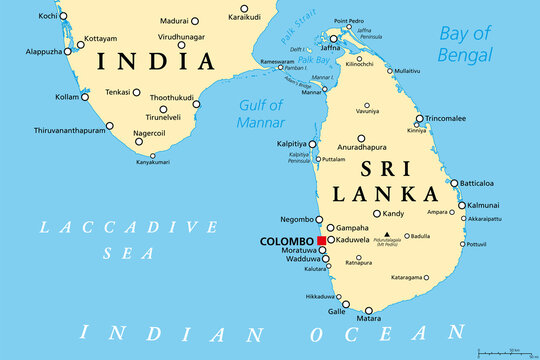By: Staff Writer
October 14, Colombo (LNW): Sri Lanka’s precipitous slide in the 2025 Global Fraud Index marks a moment of reckoning for its financial and digital governance systems. According to the latest report by Sumsub, in partnership with Statista and the Digital Assets Association (DAA) Singapore, Sri Lanka now ranks 103rd out of 112 countries, placing it among the top five Asia-Pacific states most exposed to fraud risk.
This represents a sharp drop from its 94th position in the previous edition, highlighting a significant deterioration in the nation’s fraud resilience. Only Bangladesh, India, Indonesia, and Pakistan rank lower in the region, underscoring the extent of Sri Lanka’s vulnerability in fraud prevention and institutional oversight.
The Global Fraud Index goes beyond counting fraud incidents. It evaluates each country based on four key dimensions: fraud activity, resource accessibility, government intervention, and economic health.
Sri Lanka’s poor showing suggests weaknesses in at least two of these areas government intervention and economic health where regulatory frameworks, enforcement capacity, and institutional responsiveness appear to have fallen behind the rapid pace of digital transformation.
The report warns that markets undergoing swift digital adoption are particularly exposed when governance mechanisms and fraud prevention systems lag. Asia-Pacific as a region itself has fallen from third to fourth place globally in fraud protection, revealing that even relatively developed economies are struggling to keep pace with emerging threats.
Sri Lanka’s deteriorating position in this index carries serious implications for its economy and reputation. Investor confidence, already fragile, may weaken further as global capital tends to shy away from markets with weak governance and high fraud exposure.
Such a reputation can translate into higher risk premiums for borrowing, reduced appetite for foreign direct investment, and slower inflows into critical sectors like digital finance and technology.
Businesses operating within the country may also face increased compliance and operational costs, as they are compelled to invest more in cybersecurity systems, due diligence, and fraud insurance. For the financial sector, rising exposure to fraud and related risks could lead to higher non-performing assets, increased write-offs, and an erosion of public confidence in digital financial platforms.
The ranking also places new pressure on policymakers to strengthen anti-fraud measures through legislative reform, institutional upgrades, and public-private collaboration.
Without clear deterrents and efficient enforcement mechanisms, fraud risk will continue to undermine Sri Lanka’s efforts to position itself as a credible investment and financial hub. Enhanced coordination between regulatory authorities, banks, fintechs, and technology providers is crucial to building a real-time defense network against evolving threats.
Recovering from this setback will require a multi-layered approach. The government must modernize its fraud detection and investigative systems through advanced technologies such as artificial intelligence and machine learning, which can identify suspicious activities at scale and speed. Strengthening transparency, accountability, and whistleblower protections will also be key to rebuilding trust.
Beyond enforcement, the health of the broader economy remains integral to long-term improvement stable macroeconomic conditions and reduced corruption tend to limit both the motivation and opportunity for fraudulent activity.
Sri Lanka’s decline in the Global Fraud Index is a warning sign that governance, regulation, and technology must evolve together. The fall is not irreversible, but reversing it will demand sustained political will, institutional integrity, and private-sector engagement. If the country acts decisively now, the setback could serve as a catalyst for reform and modernization, restoring confidence in its financial systems and ensuring resilience in an increasingly digital and interconnected world.
